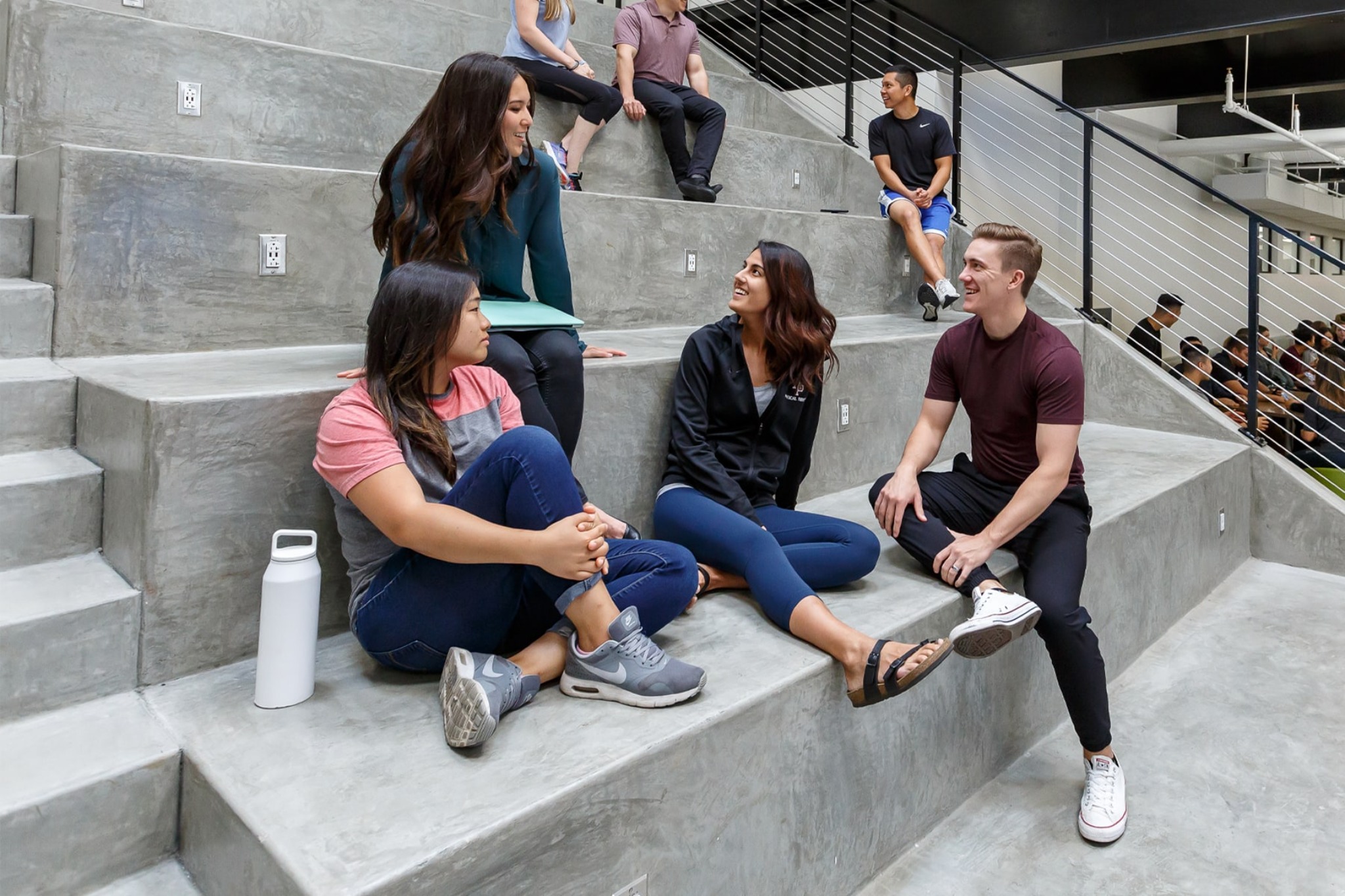
Clinical Psychology: Marriage and Family Therapy, MA (MFT)
Study Marriage and Family Therapy (MFT) at Azusa Pacific University
You’ll develop a solid foundation in the theoretical and practical skills of professional counseling and meet the California requirements to get your license as a marriage and family therapist (MFT). Learn from professionally active faculty-mentors and benefit from interdisciplinary studies in theology, ethics, and psychotherapy that equip you to care for the whole person. You’ll boost your résumé by earning the Gottman Couples Level 1 Certificate during core coursework, and you’ll have the opportunity to pursue a Substance Use Disorder Certificate, Play Therapy Certificate, or dual licensure as a Licensed Professional Clinical Counselor (LPCC) with additional units.
Program at a Glance
Upcoming Events
Virtual Information Sessions | Marriage & Family Therapy + Counseling Psychology(MSCP)Thursday, September 18, 5-6:30PM
Application Deadline
- Priority Fall Term Application Deadline: March 15
- Regular Fall Term: April 15
- Priority Spring Term Application Deadline: October 1
- Regular Spring Term: November 1
Program Information
- Program Units: 63-90
- Cost per Unit: $865
- Base Cost: $54,495-$77,850*
Locations
- Azusa (Main Campus), Inland Empire, Orange County, San Diego
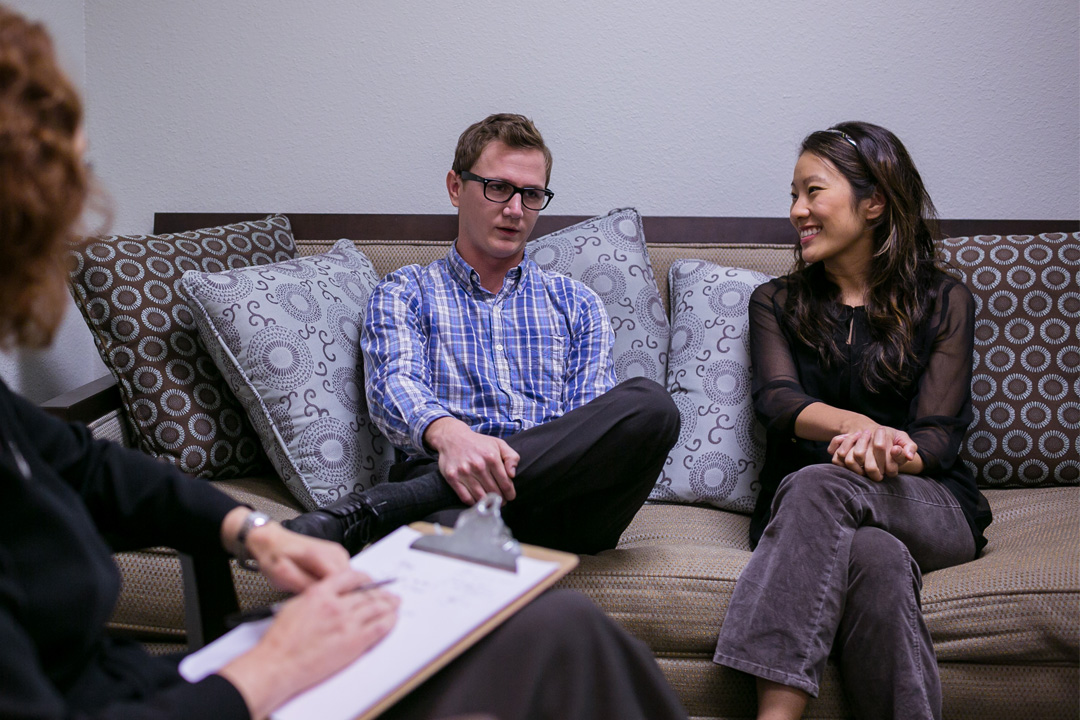
Gain Hands-on Experience
- Complete at least 225 hours of first hand clinical experience.
- Learn from faculty-mentors with extensive professional experience.
- Integrate spirituality and values with practice.
- Meet current California MFT licensure requirements.
By the Numbers
Get Started
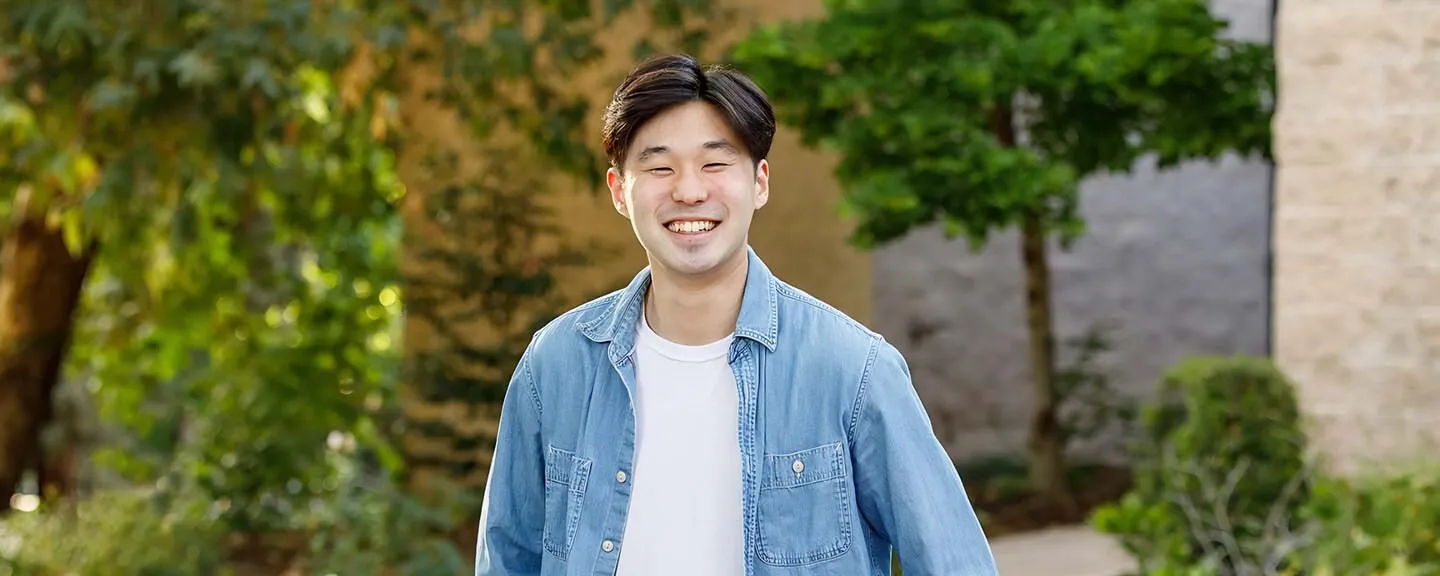
James Lee: Helping Others in Time of Need
As James Lee ’24 pursues his God-given calling to become a marriage and family therapist, APU grows him professionally and spiritually.
Program Details
The MFT program is dedicated to the education and training of competent, self-aware, and culturally sensitive family therapists. Using a foundation in Christian faith, a systemic family psychology approach, and an integration of theories of psychotherapy, students explore personal, ethical, and social values as they prepare to serve the needs of their communities.
Browse the tabs below—if you have questions, visit the Student Services Center page, and we’ll make sure you get the info you need.
Prerequisites
Students who enter the MFT program with a bachelor’s degree in a major other than psychology are required to take Abnormal Psychology before beginning the program, or show proof of having already done so. The course must have been taken within the previous eight years and completed with a grade of B or better. Prerequisites may be waived on an individual basis.
Admission Requirements—Domestic Applicants
The university graduate and program admission requirements below must be met before an application is considered complete.
Applicants must submit:
- Graduate application for admission
- $45 nonrefundable application fee
- Official transcripts from all institutions leading to and awarding the applicant’s
bachelor’s degree from a regionally accredited institution and all postbaccalaureate
study
- An official transcript is one that Azusa Pacific University receives unopened in an envelope sealed by the former institution and that bears the official seal of the college or university. A cumulative minimum 3.0 (on a 4.0 scale) grade-point average on the posted degree is required for regular admission status. Provisional admittance may be granted to individuals with a lower GPA if competency can be shown through multiple measures.
- Professional interest essay covering:
- Brief background information that would help another person get to know you as a unique person
- Why you have chosen to pursue an MFT at this time in your life
- Why you are applying to Azusa Pacific University for your MFT
- The experiences you have had that prepare you for this program
- Strengths and weaknesses that would affect your performance as a therapist
- Your professional goals
- Two recommendations from professionals who have current knowledge of applicant’s academic or clinical ability and potential (e.g., professors, clergy, supervisors, employers).
Send official transcripts to:
Office of Graduate and Professional Admissions
Azusa Pacific University
PO Box 7000
Azusa, CA 91702-7000
[email protected]
Applicants must also:
- Participate in a final in-person interview
What to Expect
Once the Graduate and Professional Admissions office receives the completed admission materials, faculty from the Department of Marriage and Family Therapy review the applicant’s file. The applicant is then notified of the committee’s decision to invite the applicant for an interview.
Admission Requirements—International Applicants
Azusa Pacific University is authorized under federal law by the U.S. Citizen and Immigration Services and the U.S. Department of State to enroll nonimmigrant, alien undergraduate and graduate students. APU issues and administers both the I-20 and DS 2019 (F-1 and J-1 status documents respectively).
To apply for a graduate program at APU, the following requirements must be fulfilled in addition to meeting the domestic applicant and program-specific admission requirements specified above.
International applicants must also:
- Demonstrate proficiency in English through a placement test with the Academic Success Center, or through a TOEFL/IELTS score that meets program-specific requirements. Refer to APU’s English proficiency requirements to learn more. Request that official test scores be sent to APU. All other forms of proof indicated in the English proficiency requirements must be submitted directly to International Services.
- Provide a Graduate Affidavit of Financial Support (PDF) and a bank statement from within the last six months proving financial ability to pay for education costs through personal, family, or sponsor resources.
- Submit a copy of a valid passport showing biographical data, including your name, country of citizenship, date of birth, and other legal information.
- Get foreign transcripts evaluated. International credentials (transcripts, certificates, diplomas, and degrees) must be evaluated by a foreign transcript evaluation agency. View our policy and a list of approved Foreign Transcript Evaluation Agencies.
Send official transcripts to:
Office of Graduate and Professional Admissions
Azusa Pacific University
PO Box 7000
Azusa, CA 91702-7000
[email protected]
What to Expect
After all admission materials have been received by the Student Services Center, the faculty or department chair reviews the applicant’s file. The applicant is notified in writing of the admission decision.
Delivering high-quality graduate programs takes a comprehensive support system. Your investment in an advanced degree includes those services and personnel that partner with you in pursuit of higher education. Below is a detailed breakdown of the fees associated with the benefits and services included in your degree program.
Department of Marriage and Family Therapy
| Cost | |
|---|---|
| Clinical Psychology: MFT (per unit) | $865 |
| Audit (per unit) | half-price tuition |
View a complete list of university fees.
All stated financial information is subject to change. Contact the Student Services Center at (626) 815-2020 for more information.
Financial Aid
Several types of financial aid are available to graduate students. The resources range from federal loans and state grants to, for some graduate programs, fellowships and scholarships. For details about financial aid available for your program, please contact the Student Services Center at (626) 815-2020.
Military Benefits
Military members—and in some cases their spouses and dependents—qualify for financial assistance covering tuition, housing, and books. Azusa Pacific is a Yellow Ribbon University and Military Friendly School, so you can be confident that you’ll receive the benefits and flexibility you need to complete your education.
School of Behavioral Sciences Alumni Tuition Discounts
APU’s School of Behavioral Sciences offers an alumni tuition discount for APU alumni starting in the following graduate programs:
- Adapted Physical Education Added Authorization
- Master of Arts in Clinical Psychology: Marriage and Family Therapy (MFT)
- Master of Arts in Physical Education
- Master of Science in Child Life
- Master of Science in Physical Education
- Master of Science in Research Psychology and Data Analysis
- Master of Science in Counseling Psychology with Specialization in Children and Adolescents
Students must be in good academic standing and maintain satisfactory academic progress with a minimum cumulative grade-point average (GPA) of 3.0. Students must be enrolled at least half-time. If qualifications are met, the discount may be renewed each term. APU will pay $500 per term (up to $2,000 over the course of the program). This discount cannot be combined with other institutional aid. Contact Student Financial Services for complete eligibility details.
Note: Award and eligibility are applicable for the 2022-23 academic year and apply to students admitted beginning fall 2020. The discount is subject to change.
To view specific requirements and coursework information, visit the current academic
catalog:
If you have questions, we’re here to help! Connect with a representative who can walk you through the program details and application process.
Contact Your Admissions Representative
Department of Marriage and Family Therapy
Phone
(626) 815-5009
Hours
Monday-Friday, 8:30 a.m.-4 p.m.
Azusa Pacific University
PO Box 7000
Azusa, CA 91702-7000
Additional Program Contact
Kililani Mitchell, Program Manager, [email protected]
(626) 815-6000 Ext. 2415
Student Services Center
Contact (626) 812-3016 or [email protected], and visit apu.edu/ssc for details on the admissions process, financial aid, and class registration.
International Services
International students should contact +1-626-812-3055 or [email protected], and visit apu.edu/international/.
Azusa Pacific University is accredited by the WASC Senior College and University Commission (WSCUC).
Career Outlook and Outcomes
Featured Faculty
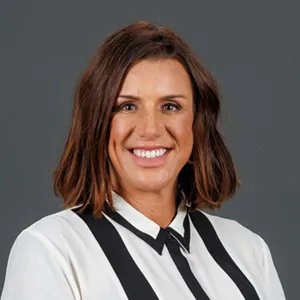
Megan Collins
Program Chair, MFT; Chair and Assistant Professor, Department of Marriage and Family Therapy

Sandi Duffield
Program Director
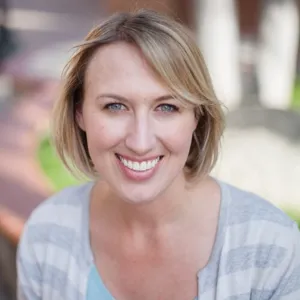
Katheryn de Arakal
Clinical Director

In the News: NBC’s Today Features APU Professor Hannah Knott’s Expertise on Child Toy Psychology
NBC’s Today recently featured Hannah Knott, MS, CCLS, assistant professor in APU’s department of psychology, in an online story about dinosaur toys for children.